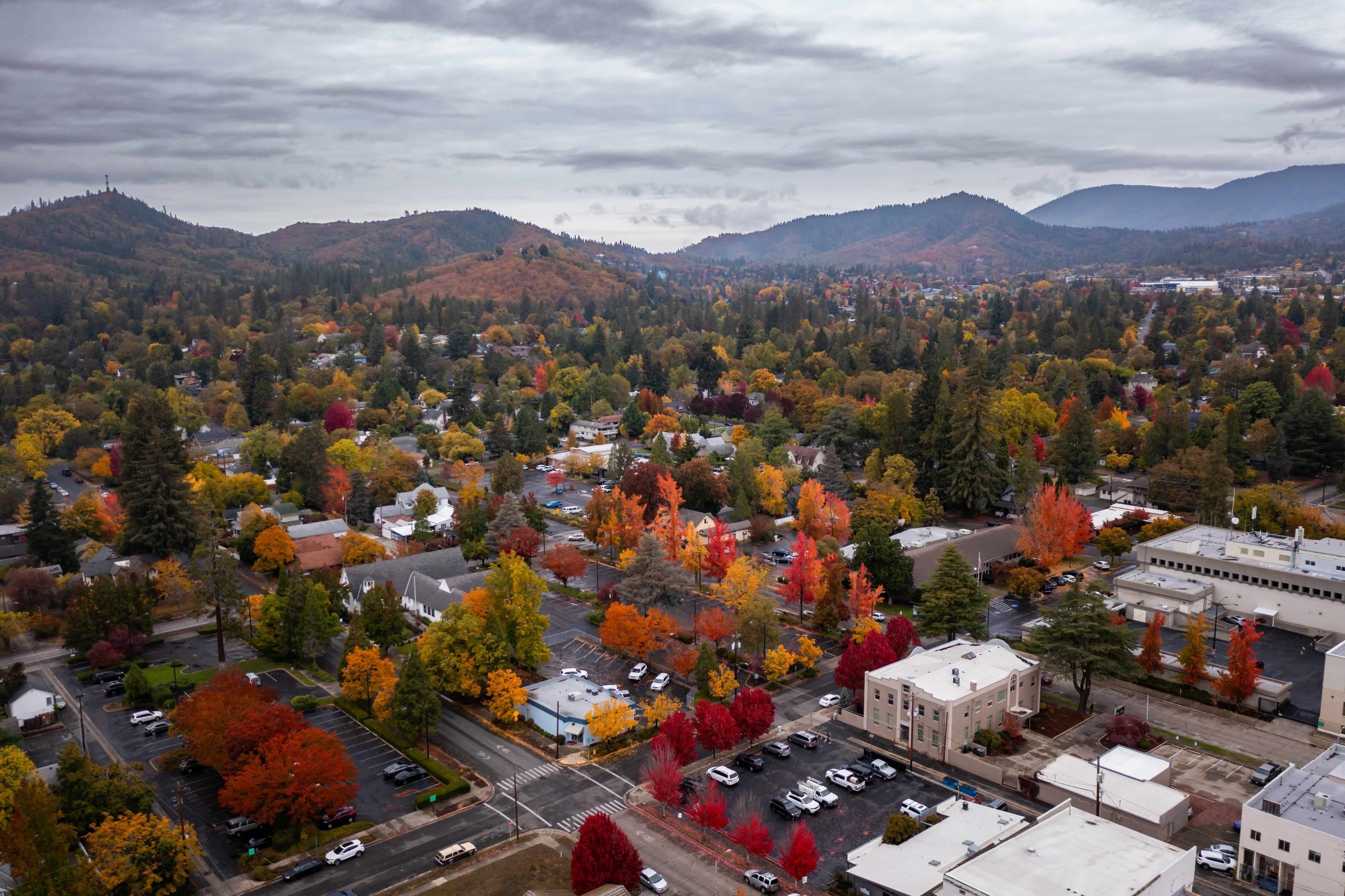
On April 19, 2024, the Supreme Court will hear oral arguments in a case that could significantly impact homeless individuals and cities' approaches to addressing homelessness. The issue at hand is the constitutionality of ordinances in Grants Pass, Oregon that prohibit people from using blankets, pillows, or cardboard boxes for protection while sleeping within city limits. The city argues these laws simply bar camping on public property by everyone, but challengers claim they unfairly target homeless individuals.
Grants Pass is home to approximately 600 homeless individuals who live on the streets involuntarily. The city has enforced ordinances that impose civil penalties, including fines, on people sleeping outside on public property. Unpaid fines can become criminal charges.
The Ninth Circuit Court of Appeals has previously ruled that such laws are illegal as they violate the Eighth Amendment's ban on cruel and unusual punishment when no shelters are available. However, Grants Pass argues it is trying to combat encampments and lacks enough space in shelters for its homeless population.
The Supreme Court case could have far-reaching implications for cities across the country dealing with homelessness. Some argue that a ruling in favor of Grants Pass could change how cities approach the issue, potentially leading to more arrests and fines instead of focusing on housing solutions.
Advocacy groups, such as the National Homelessness Law Center, have called on Congress and President Biden to ensure everyone has access to housing as a decision is expected by the end of June. Regardless of the outcome, it is clear that addressing homelessness requires a comprehensive approach that prioritizes housing solutions over punitive measures.


